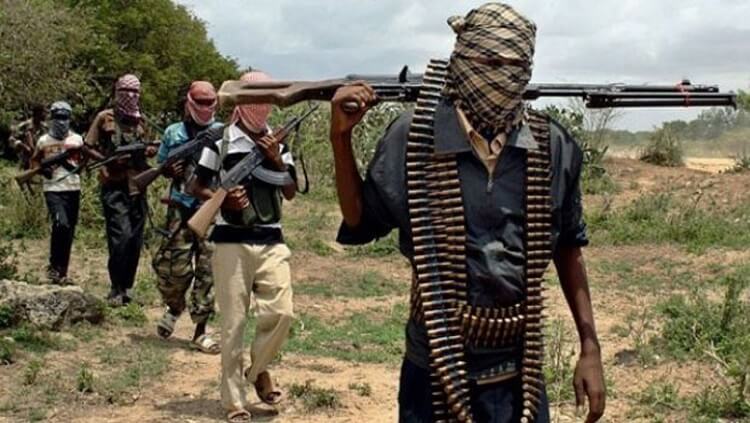B/Haram Survivors Still Neglected, Says Amnesty International

One year after launching its #EmpowerOurGirls campaign, Amnesty International has lamented the continued neglect of girls and young women who escaped Boko Haram captivity in northeast Nigeria.
In a post via its X page on Tuesday, the organisation said that despite promises of support, many survivors remain without the essential reintegration services needed to rebuild their lives.
Amnesty International condemned the Nigerian government’s alleged failure to support these survivors, many of whom were forcibly married, trafficked, and subjected to severe abuse during their captivity.
“One year later, it is unacceptable that the Nigerian authorities still cannot ensure these girls and young women are able to rebuild their lives in safety,” said Isa Sanusi, Director of Amnesty International Nigeria.
Amnesty’s 2024 report titled ‘Help Us Build Our Lives’ highlighted the urgent need for psychological support, education, vocational training, and livelihood assistance for these survivors.
However, new testimonies gathered in February 2025 from eight recent escapees show that the situation remains dire.
According to Amnesty, seven of the girls interviewed, aged between 12 and 17, were reported to have received no government support or information on available services.
A 22-year-old woman, forcibly married as a child, confirmed this.
“The moment girls or young women leave Boko Haram should mark the start of their reintegration into society—and yet, many have told us they are still being left to fend for themselves and are struggling to survive,” the Amnesty Director added.
Three girls who escaped together in December 2024 and now live in Banki, Borno State, said they have not been contacted by any government officials.
A 17-year-old was said to have been forcibly married at age seven or eight. Her two children died of hunger in the bush. “I didn’t receive anything from the government,” she said.
Another 13-year-old said, “We need support for shelter and food.” She recounted multiple failed escape attempts and punishments from Boko Haram members.
The 13-year-old escaped after being married to a fighter who killed her father, said the organisation.
After brief military custody, she was sent to a camp where she reunited with her mother by chance.
“We receive no support from anybody since we came out of the bush… We go to the bush, get some firewood and sell it,” she said.
Amnesty International stressed that these failures violate international obligations under the Convention on the Rights of the Child, the African Children’s Charter, and the Maputo Protocol, all of which require Nigeria to protect and rehabilitate girls affected by armed conflict and forced marriage.
“Girl survivors are still overwhelmingly invisible to the government authorities. We call on President Bola Tinubu and the Nigerian government to take urgent action to support survivors of Boko Haram,” Sanusi said.
Amnesty noted that the conflict between Boko Haram and Nigerian forces, which began over a decade ago, has displaced millions and resulted in human rights violations. Boko Haram continues to launch attacks and abductions in the region and has made reintegration and support for survivors more urgent.
Amnesty International said it has continued its advocacy and recently submitted a complaint to the International Criminal Court on behalf of victims’ networks and urged the court to begin long-delayed investigations into war crimes and crimes against humanity committed in Nigeria.
“The non-international armed conflict between Boko Haram and Nigerian forces has affected millions of lives in northeast Nigeria since it started more than a decade ago. The conflict has resulted in a humanitarian crisis, leaving millions of people internally displaced. All sides to the conflict have committed war crimes, possible crimes against humanity, and other human rights violations and abuses, with specific impacts on women, children and older persons.
“Recently, Boko Haram has again been escalating attacks and abductions in northeast Nigeria, further displacing people who have resettled back in villages once controlled by the group. Amnesty International has repeatedly documented crimes under international law and other serious violations of international human rights and humanitarian law committed by Boko Haram.
“Over the last 12 months, Amnesty International has been continuing advocacy and campaigning activities in the region and monitoring the situation.
“On 2 December 2024, Amnesty International submitted a complaint to the International Criminal Court (ICC) Pre-Trial Chamber on behalf of several victims’ networks to request an end to the ICC Prosecutor’s unacceptable delay to the start of the court’s investigation into war crimes and crimes against humanity in Nigeria,” the organisation added.
B/Haram Survivors Still Neglected, Says Amnesty International is first published on The Whistler Newspaper

